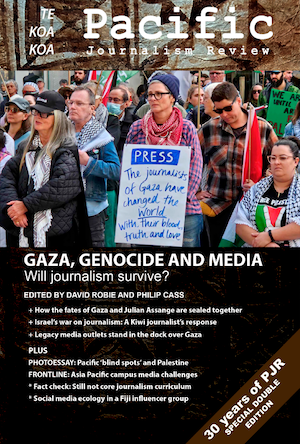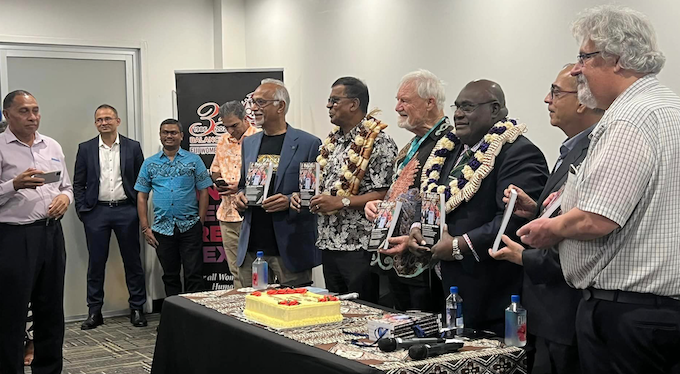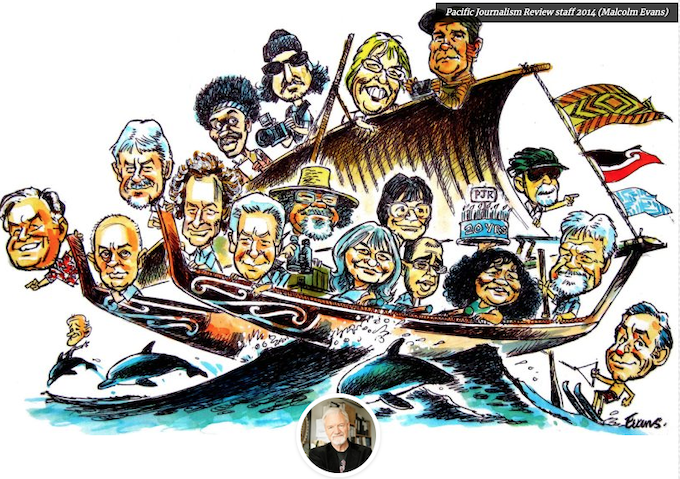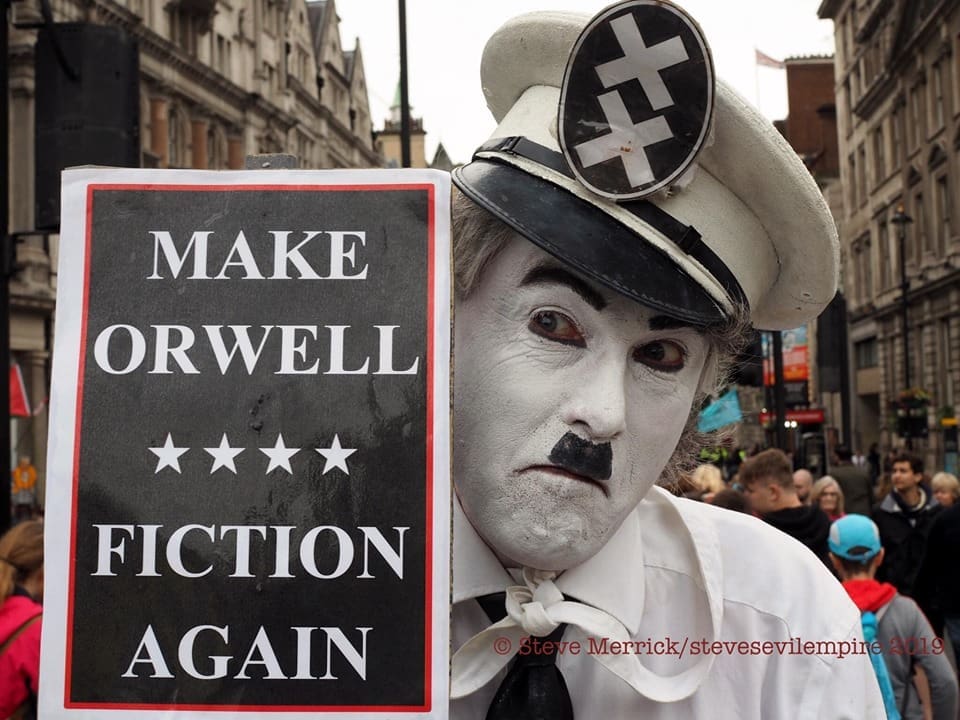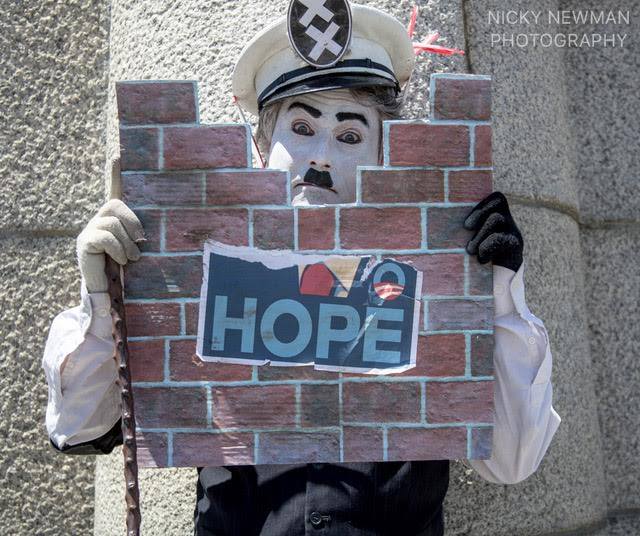Another year, another Severe Myalgic Encephalomyelitis (ME/CFS) Day will pass with NHS hospitals abusing, neglecting, and psychologising patients living with the devastating chronic illness.
Thursday 8 August was Severe ME Day. Across X, patients, carers, friends, family, and advocacy organisations have shared stories of its tragic impacts for so many. But after eleven years of annual events marking it, their posts only reinforced just how little has changed.
Severe ME Day
ME is a chronic systemic neuroimmune disease which impacts at least 65 million people worldwide – and that is likely a vast underestimate. Similar to, and sometimes overlapping with long Covid, it affects nearly every system in the body and causes a range of symptoms that impact patients’ daily lives. These include influenza-like symptoms, cognitive impairment, multiple forms of pain, and heart, lung, blood pressure, and digestive dysfunctions, among other significantly debilitating symptoms.
Significantly, post-exertional-malaise (PEM) is the hallmark feature of ME/CFS, which entails a disproportionate worsening of other symptoms after even minimal physical, social, or mental activities.
Severe ME impacts approximately 25% of people living with the disease. In these cases, people living with severe ME/CFS are mostly, if not entirely permanently bed-bound. What’s more, they are sometimes unable to digest food, communicate, or process information.
8 August was Sophia Mirza’s birthday. In 2003, doctors sectioned her under the Mental Health Act and incarcerated her in a mental health hospital without even basic nurse care. After fighting at tribunal, the hospital released two weeks later. However, it caused her Severe ME to worsen, and in 2005, Sophia died. She was the first person in the UK to have ME recorded as her cause of death.
So since 2013, the ME community and their carers have marked it every year. They do so in memory of Sophia, and many others who have since lost their lives to this devastating disease.
People like 27-year-old Maeve Boothby O’Neill. The Canary has reported on her inquest that took place between the 22 July and the 2 August. Appalling trivialisation of her condition, arrogant medical professionals, and hospital staff’s culture of psychologisation led to her death in October 2021. Her inquest underscored the way the NHS treats ME patients to this day.
A day in the ‘life’?
So, the annual severe ME event provides an opportunity for people living with it, and their loved ones to speak out about all this and more. This Severe ME Day, many have taken to X to express their grief, anguish, and rage.
Countless shared heartbreaking accounts of their ‘days in the life of’ existing as a severe ME patient:
I want to have a shower. I want to watch tv. I want to see my family. I want to sit up. I want to feel the sun on my skin. I want to breathe fresh air. I want to laugh. I want my life back. #SevereMEDay
— Kirst (@kirstler31) August 8, 2024
I have nothing additional to say today other than the fact that I’m significantly worse than I was last year. The future is terrifying and I wish I could still tell myself that a miracle is coming, but it seems I’m slowly and painfully dying instead #VerySevereMEnow #SevereMEDay https://t.co/32xAKkSTnZ
— Himmat (@himmatb15) August 8, 2024
This was me when severe. I documented it with daily photos because I couldn’t write. I was expected to navigate Dr, DWP, employers etc whilst barely being able to open my eyes or say a few words. Left to my own devices when most sick. Unfair. Cruel #SevereMEDay #ME pic.twitter.com/IxHpK8LOZ4
— Jo (@cfs_jo) August 8, 2024
Friends, family, it can take anyone. Loved ones expressed the loss of people dear to them to the awful chronic illness:
Today is #severeMEday. In April, my sister Meredith was a software engineer, living a normal life, & thriving. This is her before she became ill with #LongCovid, and this is her now. She’s 32. As her sister, it feels like my heart has been ripped out of my chest. 1/ pic.twitter.com/YyK0glkc2r
— Corinne Murphy (@savingmeredith) August 8, 2023
On #SevereMEday (Aug 8), I remember my friend Ruth Nolan from Glasnevin, Dublin who has spent 3 decades bedbound with #SevereME
For 15+ yrs she has had #VerySevereME: she’s only able to have a few very short conversations & very little cognitive/mental stimulation
#MEcfs #PwME pic.twitter.com/LVzGAxiVyW
— Tom Kindlon (@TomKindlon) August 7, 2024
Some shared photos and artwork by people living with severe ME:
Crushed and chained by #SevereME for 20 years.
Self portrait by @RuthBraham #pwME #MyalgicEncephalomyelitis #SevereMEDay #MillionsMissing pic.twitter.com/qjyLnJbLwT
— PZ (@pzneedsrest) August 8, 2024
I wish this picture was taken on purpose for #SevereMEday, but it was not. It’s the everyday reality of a friend who has severe ME. #mecfs #cfsme #August8th pic.twitter.com/E1jOfPBj1C
— Giada Da Ros (@Giada_Da_Ros) August 8, 2024
NHS failures continue unchecked
Carole Bruce, who’s lived with severe ME for over three decades, detailed the terrifying unpredictably of the debilitating disease. Moreover, through a health scare, she stressed the systemic NHS failings for severe ME patients:
Yesterday for the first time ever, because of a scary escalation of symptoms I had to ring 111. The person on the line had never heard of #ME only vaguely of #CFS after lengthy questioning she suggested I take Paracetamol. This is how the #NHS supports severe ME!
#SevereMEDay
— Carole Bruce (@CaroleBruce17) August 8, 2024
Meanwhile the ME community on X took the chance to express their heartfelt thoughts for people like 18-year-old Millie McAinsh and Maria:
Sending love to @Mariararoo and Millie today on #SevereMEDay. So grateful that they’re both safely back home with their loved ones after their hospital ordeals. #MyalgicEncephalomyelitis pic.twitter.com/8lheW1mPrG
— Julie Houston (@JulesAHouston) August 8, 2024
on #SevereMEday i’m thinking of patients like Millie, abused by hospitals who simply don’t have the knowledge to treat them, and patients like Maeve who die without support. we urgently need more research & medical training for people in this patient group https://t.co/KEucaRrRqM
— Laura Elliott (@TinyWriterLaura) August 8, 2024
They also raised their concerns that the NHS is STILL abusing women like Carla Naoum and Karen Gordon as you read this:
Thinking today of Carla & Karen and their families, while they remain in hospital suffering unimaginable horrors. #SevereMEDay #RadicalChangeForME #SaveCarlasLife #SaveKarenFromHarm #EndMalnutritioninME #MedicalNeglect @PCCC90 @TeamKarenGordon #Myalgicencephalomyelitis pic.twitter.com/7uARfKGUZ5
— Julie Houston (@JulesAHouston) August 8, 2024
The global impact
Of course, the global event and the international voices on X also drive home the world-spanning devastation severe ME is wreaking. Crucially, the World ME Alliance highlighted the widespread abuse and neglect by healthcare and welfare systems across the globe:
Today, #SevereMEDay 8th August, we highlight the mistreatment of people with #SevereME in hospitals across the globe.
Read their testimony now: https://t.co/aPyxgOqFWU#MyalgicEncephalomyelitis #MECFS #EMSFC pic.twitter.com/7knpmc8xeN
— World ME Alliance (@WorldMEAlliance) August 8, 2024
Because, the fact is, it’s not just the NHS and UK government catastrophically failing people living with severe ME. Anna – who has lived with severe ME for over two decades – posted from Australia:
It’s #SevereMEDay.
Please remember people like me that exist with #SevereME
And remember those who were severe but are no longer with us.
Help those of us who are still here. Without help, we may not make it to the next Severe ME Day.#pwME #MECFS #LongCovid #PwLC
— Anna (@halcionandon) August 8, 2024
The Canary has previously written about Anna’s unconscionable circumstances. In one of the richest countries in the world, public services are leaving – and trapping her further – in an abusive household. As we reported in May:
Anna is unable to get the rest she needs while she is trapped in domestic abuse. In turn, since she is sick, she is unable to escape this abusive situation. Ironically, doing so might enable her condition to improve. All the while, abusive doctors, systemic neglect by the healthcare system, and domestic abuse services which fail disabled survivors, is maintaining this. Meanwhile, a welfare system which coerces people living with ME/CFS into harmful treatments also perpetuates this.
Since then, the domestic, healthcare, and welfare system abuse has only got worse. Unfortunately, the gaping holes in the social safety net have meant no appropriate support has been forthcoming. It has left Anna still searching for a way out – to little avail so far. You can read more about Anna’s situation here. Please reach out to Anna if you can help her get to safety, or provide advocacy support.
Where are the big ME charities?
Just because ‘pacing’ is the only tool available to people living with ME, doesn’t mean progress should be unhurried and limited.
The UK’s main ME organisations know a thing or two about pacing. That is, at least insofar as them dragging their heels on taking concrete, urgent action. A glacial pace, if you like. This past year, while the Chronic Collaboration and people with ME across X were helping Millie, Carla, and their families, they were nowhere in sight. So it’s hardly a surprise they have little useful to say this Severe ME Day.
Action for ME largely quote-shared posts from other people and organisations:
Today (8th August) marks #SevereMEDay
In this post, the @WorldMEAlliance highlights the experiences & mistreatment of people with #SevereME in hospital from across the globe
Safer hospital care for people with #SevereME must be prioritised worldwide#SevereMEDay #pwME #MECFS https://t.co/eCnH22YS57
— Action for M.E. (@actionforme) August 8, 2024
Echoing the thanks from @CGATist & the @DecodeMEstudy to the thousands of people with #SevereME who took part in #DecodeME
#SevereMEDay #MECFS #pwME #MyalgicE #MEResearch https://t.co/1n6PZxtgAo
— Action for M.E. (@actionforme) August 8, 2024
Meanwhile, the ME Association did at least post this Times article amplifying long-term US severe ME patient Whitney Dafoe’s story:
**TW: Upsetting Content** @thetimes ‘I lived, Maeve died’: ME patient who got help writes to coroner (paywalled)
“A patient with #SevereME has told a coroner that the death of a young woman could have been avoided if she received the same tube feeding which has kept him alive…
— ME Association (@MEAssociation) August 8, 2024
In this, Dafoe explained how under the NHS’s current care, he would be dead. However, US healthcare providers gave him the correct feeding tube, that might have saved Maeve’s life.
And don’t say the pair never do anything for people with ME. Here’s a half hour, 5-question multiple choice quiz for GPs on severe ME:
New Learna/StudyPRN resource invites GPs to test clinical knowledge of #SevereME
Developed by Dr Nina Muirhead supported by #actionforme @MEAssociation @meactionscot
Based on NICE guideline
Can earn 0.5-hour CPD pointshttps://t.co/Ot6CulbaNM#SevereMEDay #MedEd #MECFS pic.twitter.com/pRrQVGKdZR
— Action for M.E. (@actionforme) August 8, 2024
An optional quiz – that’ll really turn things around.
Patient-led grassroots advocacy a reason for hope
Despite their inaction, other grassroots advocacy groups are actually picking up the pace this year.
As the Canary reported ahead of its launch, ME Foggy Dog and the Stripy Lightbulb Club CIC have launched a brand new campaign for Severe ME Day. Founder of both organisations Sally Callow posted in her PJs about the fresh fundraising BED for Severe ME campaign:
Ready…..
Steady……
Go!!!!#BedForSevereME is here!! Fundraising for @SmileForME_xx and @mecfsbiobank
Donate here
https://t.co/wfAsQiaAp4#SevereMEDay #pwME
Cc @TinaRodwell1 pic.twitter.com/31EtC9BKKS
— ME Foggy Dog
(@MEFoggyDog) August 8, 2024
Importantly, Callow’s campaign is aiming to ramp up support for a new NHS protocol for severe ME. This would – in theory – help to tackle the inadequate, inappropriate care NHS professionals persistently mete out to severe ME patients. And given the continuingly abysmal NHS treatment, it is desperately needed.
Meanwhile, Unite to Fight – a joint long Covid and ME organisation shared a new video to shed light on the reality of living with severe ME:
New Video!
Learn about the struggles faced by the most severely affected ME/CFS patients from caregiver Dr. Sabine Hermisson (@SabineHermisson), whose daughter is severely ill with #MECFS.#SevereMEDay #LearnAboutME
Watch now: https://t.co/nfipX3IV4W
— UniteToFight2024 (@U2Fight_World) August 8, 2024
In May, the group hosted the first ever joint long Covid and ME conference.
Of course, what these both had in common, was that they’re patient-led. Callow lives with ME, while the Unite to Fight organisers also live with it, or long Covid.
Severe ME Day: no more ‘awareness’ – action!
Overall, if the main ME charities half-arsed posts are anything to go by, it’ll be more ‘awareness-ing’ away the time until the next Severe ME Day. I hate to think how many more Maeve’s, Sophia’s, Carla’s, Millie’s, and Karen’s the NHS will fail by then. That’s not even to imagine the many more suffering in silence – who can’t or won’t seek medical help (and for good reason) – as this horrific disease eats away at their lives.
Ultimately though, the action from those with power, resources, and a platform isn’t meeting the scale and urgency of this healthcare crisis. People have lived with severe ME for years, decades, lifetimes without help. They can’t wait another week, month, year, or longer. Change is needed now, because for some – like Maeve – there might not be a tomorrow.
Featured image via Hannah Sharland
This post was originally published on Canary.

 (@BantzFerdinand)
(@BantzFerdinand) 




 (@CounsellingSam)
(@CounsellingSam) 
 (they/she) (@SpillerOfTea)
(they/she) (@SpillerOfTea) 
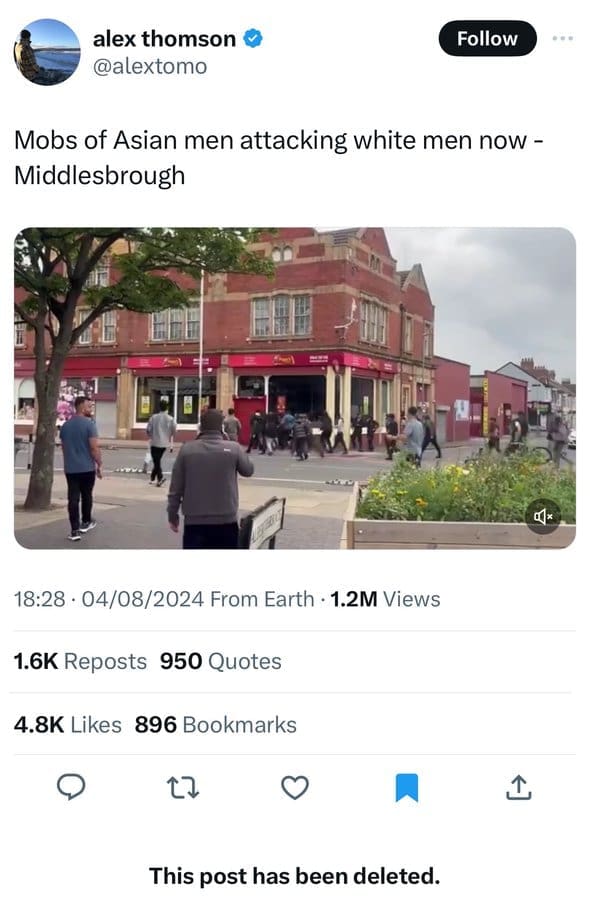

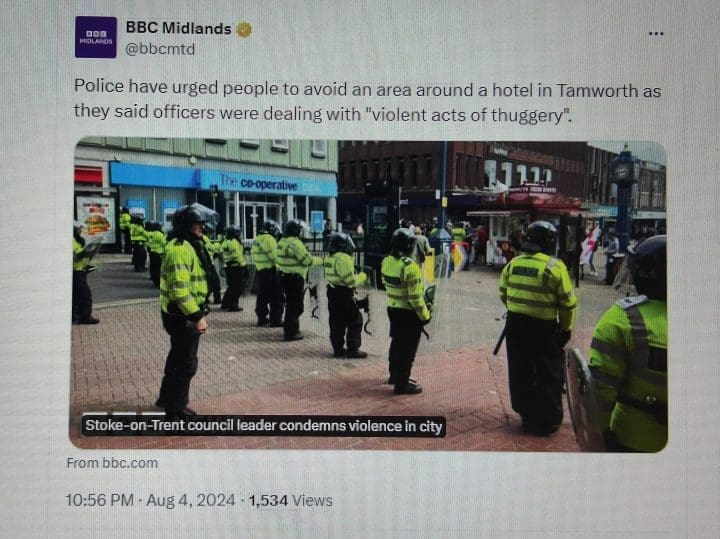



 LIVE updates:
LIVE updates: 